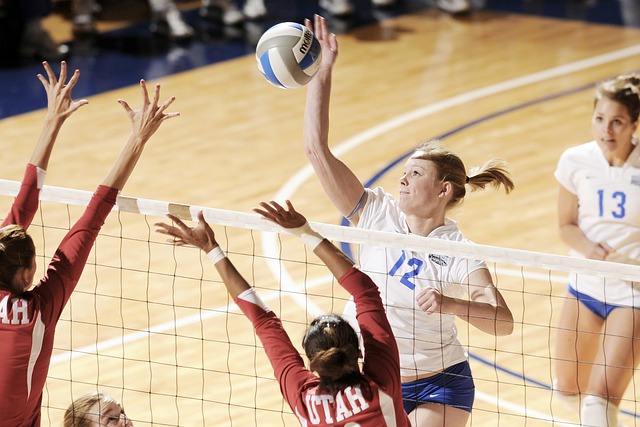
Women in sport face many challenges. Women were never allowed to compete in professional sports leagues. Women were considered too fragile to be able to participate in high-impact sport and were too busy caring for the family. The only professions available for women in sports were teaching, secretarial, and crossing guard jobs.
Less opportunities
Women often experience less opportunity to participate in sports in high school than their male counterparts. The negative stigma attached to female athletes often accounts for this lack of opportunities. This stigma is not restricted to specific geographical areas or conferences. It can also include the fact, that girls living in low income communities are often denied opportunities and resources for sports.
Media attention is lower
Despite the fact female athletes making up more than half of professional athletes, they receive less media attention that their male counterparts. This is despite female athletes putting in the same amount of work as male athletes. Female sports are generally less covered than male sports. Media attention is more focused on talent and appearance than on individual achievement and team performance.
Less expectations
Many factors can affect women's participation. Female athletes are likely to have a lower bar for entry into sports that are typically dominated by the opposite gender. These differences can be explained by biological differences and differential socialization.
Transgender transgender females take part in sports
Transgender women have been banned from participating in recreational sports since the IOC introduced trans policies almost two decades ago. Transgender women are subject to disproportionate discrimination, harassment, violence and so attempts to ban them from playing recreational sports are transphobic, dangerous and counterproductive.
Title IX
Title IX protects women's right to participate in sports. Women from historically underrepresented groups have not been able to benefit as much from Title IX. The Women's Sports Foundation has found that girls from predominantly black schools have only 67% of the athletic opportunities available to them, as opposed to 82% in predominantly white schools.
Flo's advocacy for females in sports
Flo McLean grew to be the seventh child in a family that had eleven. At an early stage, her parents told her that she needed speed to get what she wanted. After her parents separated, she moved with her mother to Watts, an under-resourced and over-policed neighborhood. She eventually found her way to Sugar Ray Robinson Youth Foundation. This foundation provided youth with athletic opportunities.